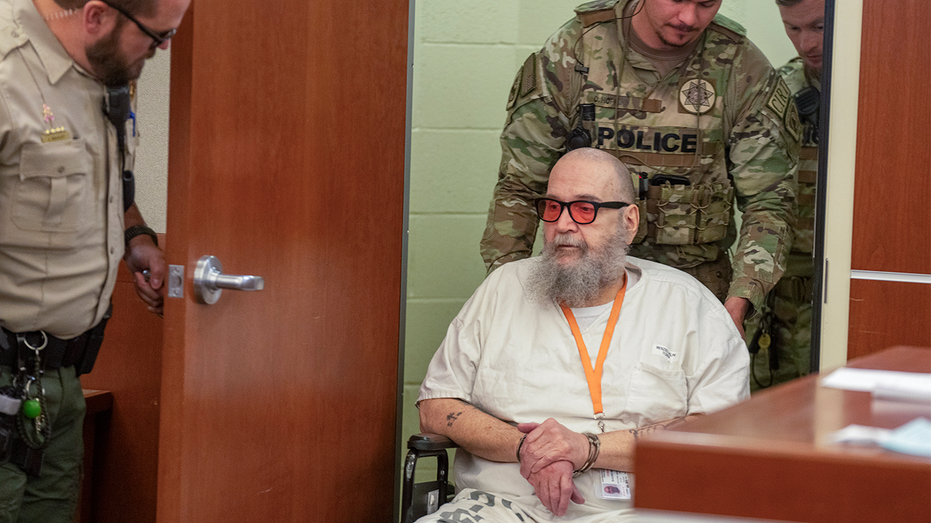Utah Judge Rules Dementia-Ridden Killer Fully Competent for Execution Despite Cognitive Impairments
Utah judge rules convicted killer with dementia is competent for execution, sparking debate over mental health and justice.

A Utah judge has determined that Ralph Leroy Menzies, a death row inmate suffering from dementia, is competent to be executed. The ruling, delivered on Friday, clears the way for the 67-year-old’s sentence to be carried out more than three decades after he was convicted of the 1986 murder of Maurine Hunsaker, a young mother of three.
Despite acknowledging Menzies’ recent cognitive decline, Judge Matthew Bates concluded that the inmate "consistently and rationally understands" both his impending execution and the reasons behind it. Bates wrote in his order that "Menzies has not shown by a preponderance of the evidence that his understanding of his specific crime and punishment has fluctuated or declined in a way that offends the Eighth Amendment," referencing the constitutional prohibition on cruel and unusual punishment.
The decision follows arguments from Menzies' legal team, who contended that their client’s dementia had rendered him incapable of understanding the reality of his situation. Defense attorney Lindsey Layer characterized the ruling as deeply troubling, stating, “Ralph Menzies is a severely brain-damaged, wheelchair-bound, 67-year-old man with dementia and significant memory problems. It is deeply troubling that Utah plans to remove Mr. Menzies from his wheelchair and oxygen tank to strap him into an execution chair and shoot him to death.” The defense intends to appeal the decision to the state Supreme Court.
The case draws renewed attention to the use of firing squads as a method of execution in the United States. Menzies has selected this method, making him only the sixth prisoner to do so since 1977—three of whom were executed in Utah, where the last such execution occurred in 2010. Two firing squad executions have occurred in South Carolina in recent years. The Utah Attorney General’s Office is expected to file a death warrant soon, moving the process forward.
Menzies was convicted of abducting Hunsaker from her workplace, a convenience store in Salt Lake County, just three days after he was released on bail for an unrelated charge. Hunsaker’s body was later discovered in a remote picnic area in the Wasatch Mountains, showing signs of strangulation and a fatal throat wound. Items belonging to the victim were found in Menzies’ possession when he was later arrested, solidifying the case against him.
Since his original sentencing in March 1988, Menzies has filed a series of appeals which have delayed his execution on multiple occasions. Nationally, the question of executing inmates with severe mental impairments has been controversial. In 2019, the U.S. Supreme Court blocked the execution of an Alabama inmate with dementia, sparking further debate over how such cases should be handled under the Constitution.
For Hunsaker’s family, the long journey appears closer to its conclusion. Matt Hunsaker, who was just 10 years old when his mother was killed, expressed that the family is overwhelmed to finally see justice being served after nearly four decades of delays and legal battles.




